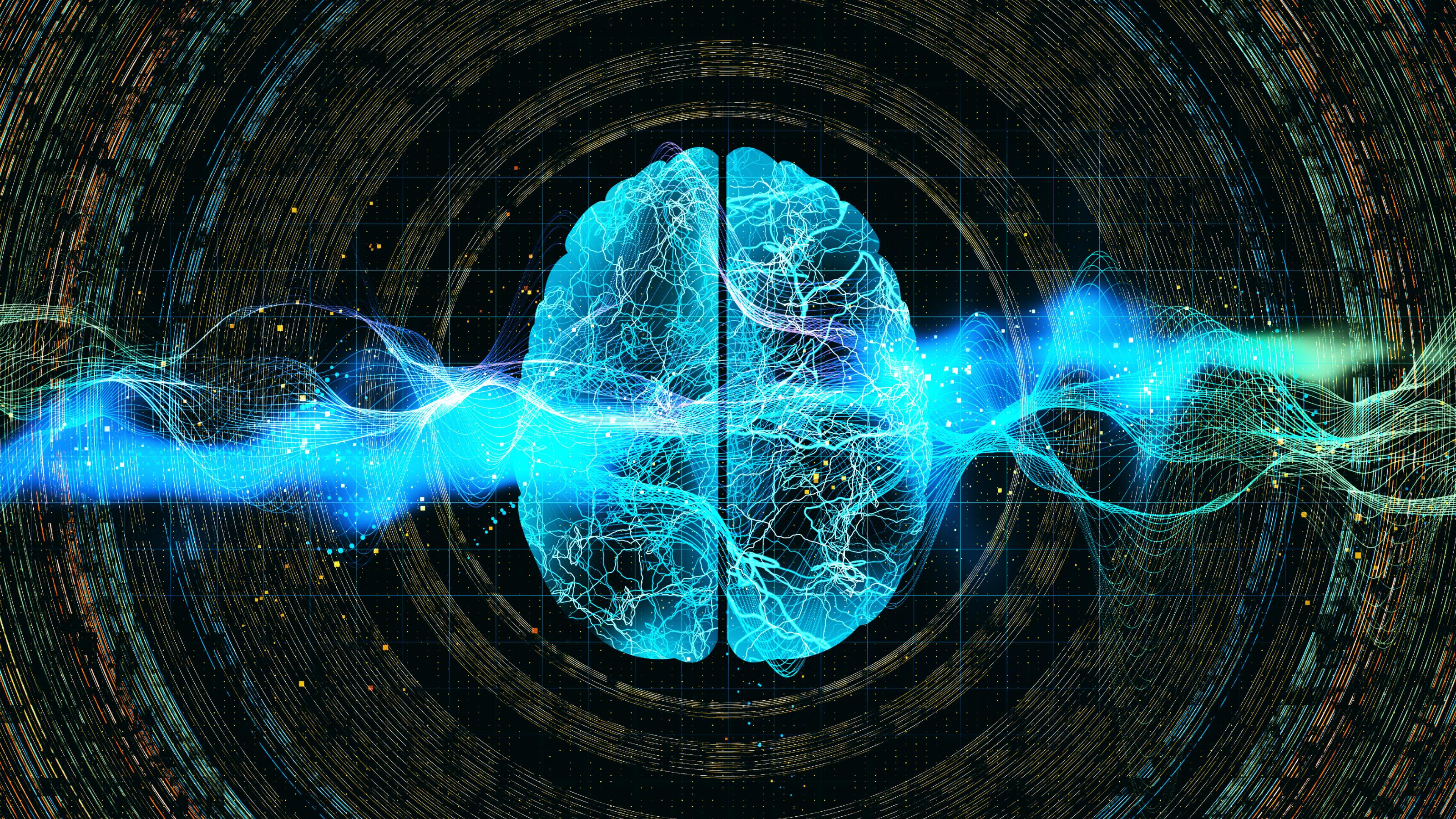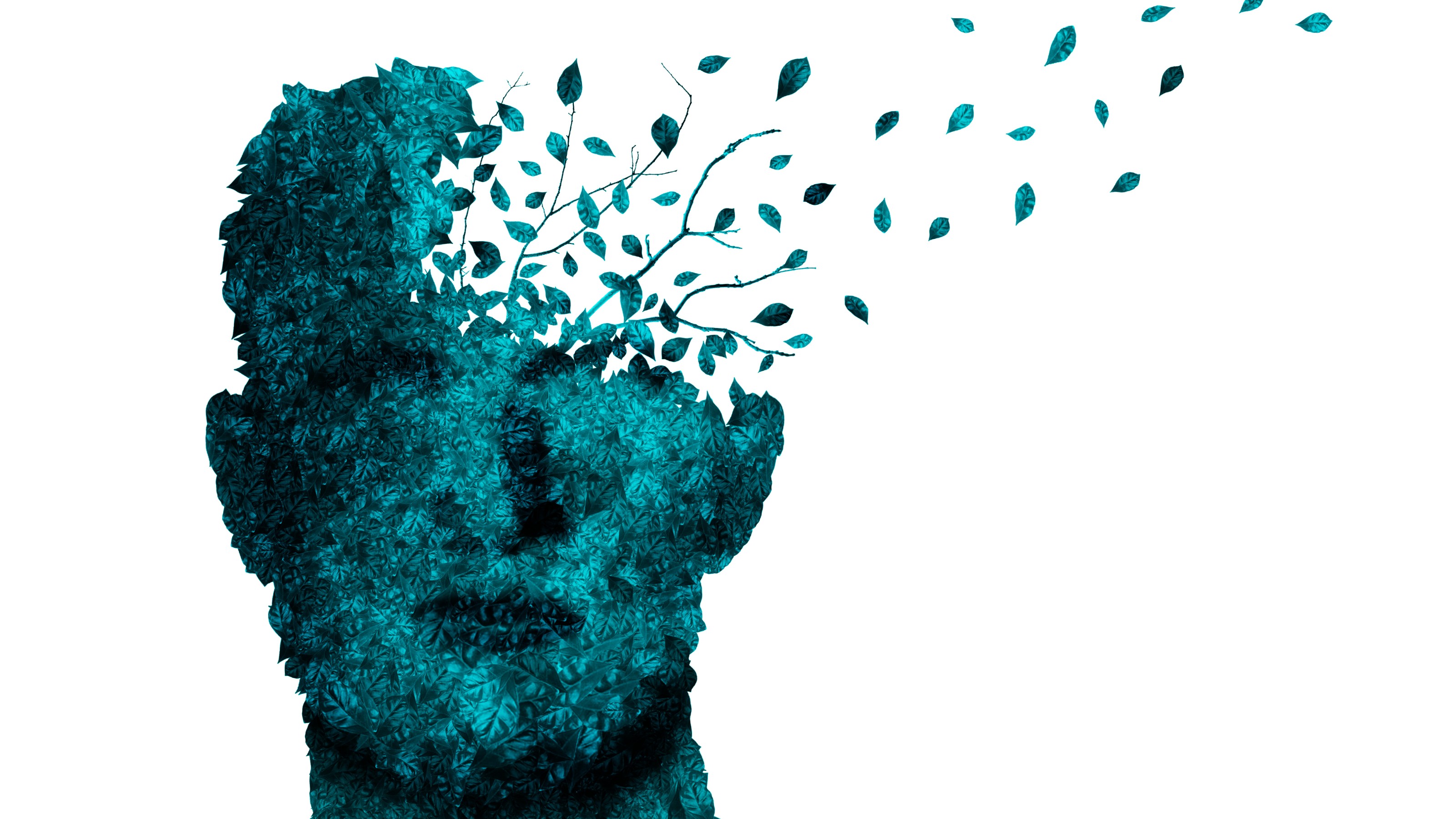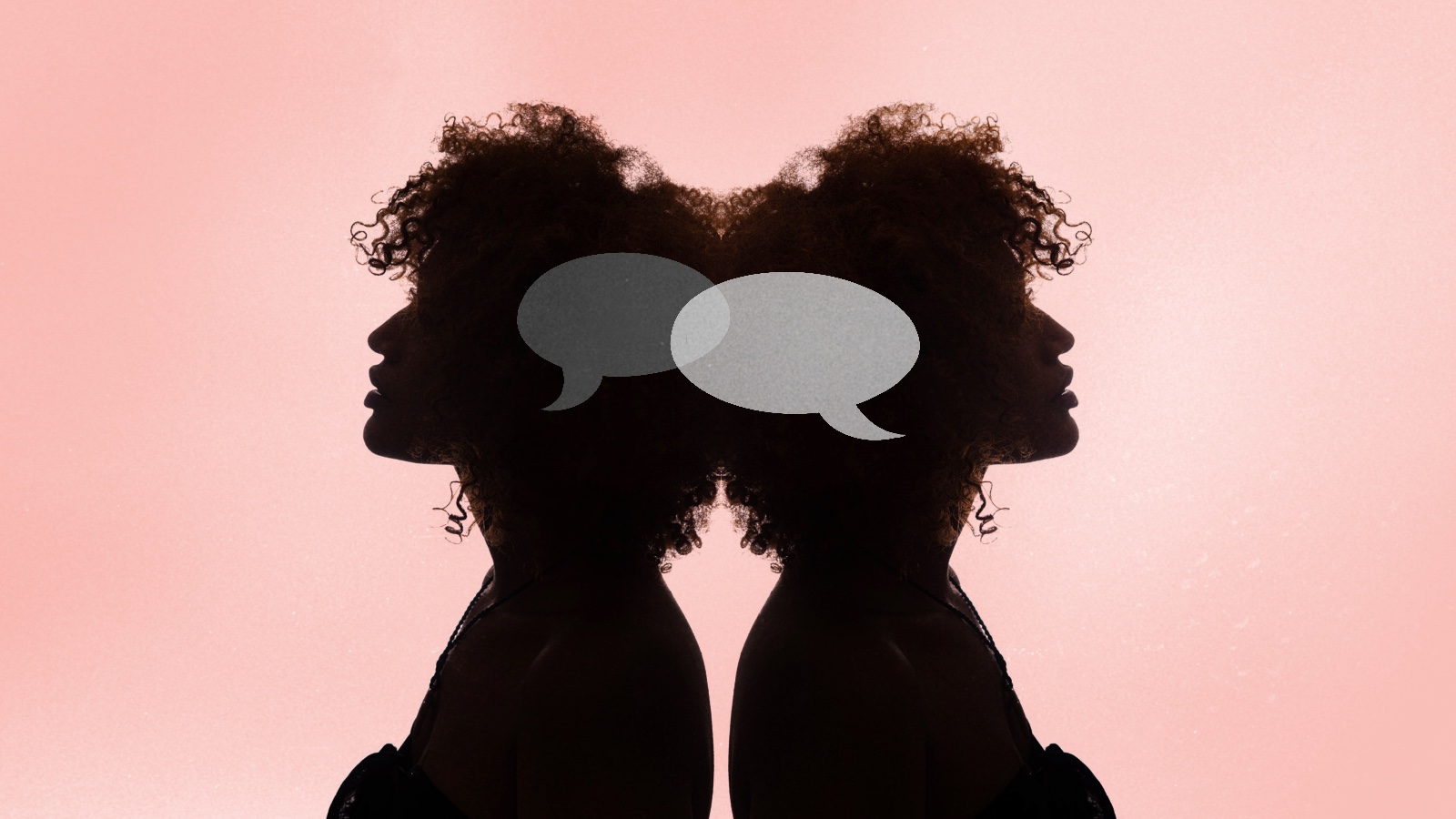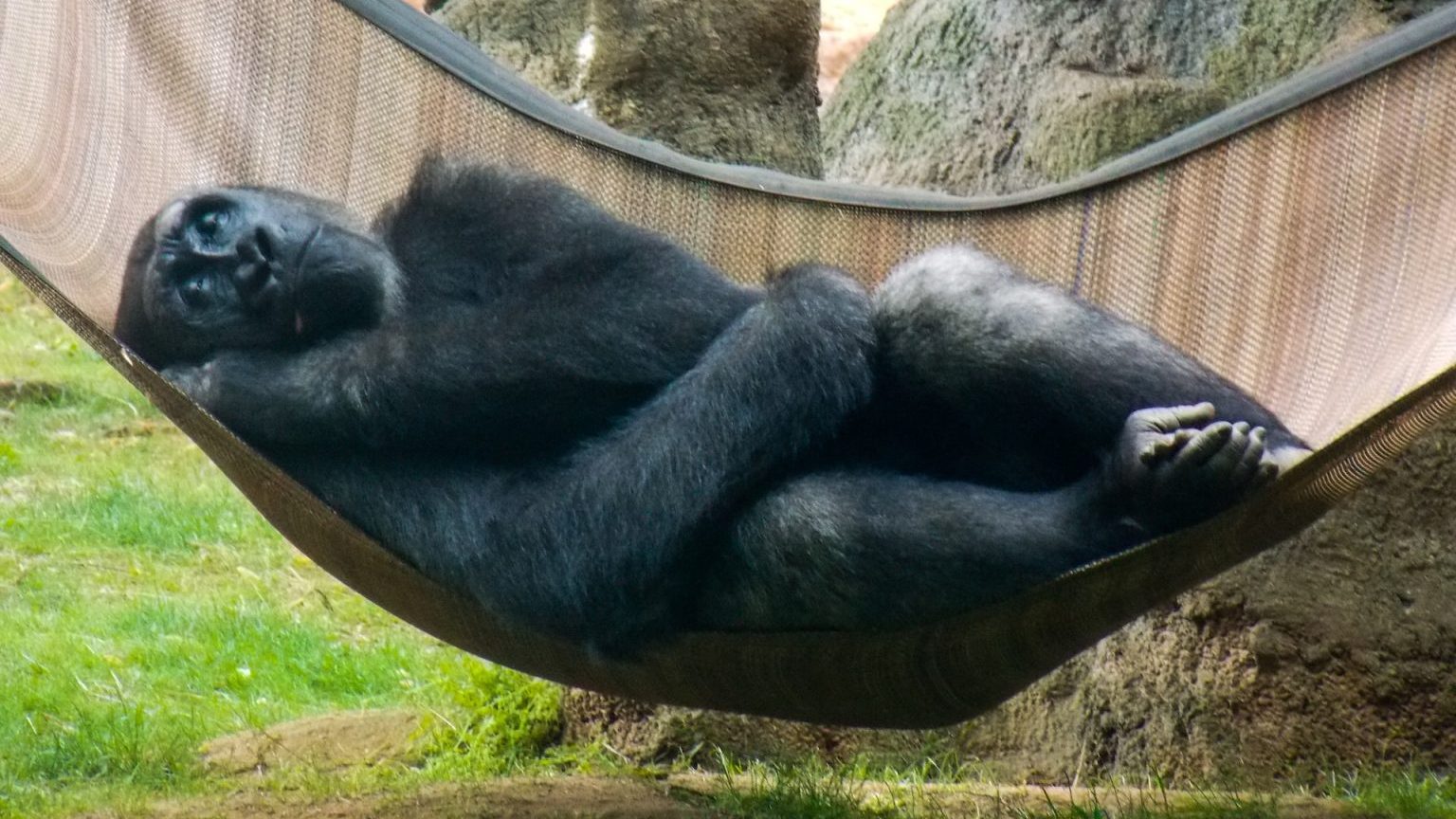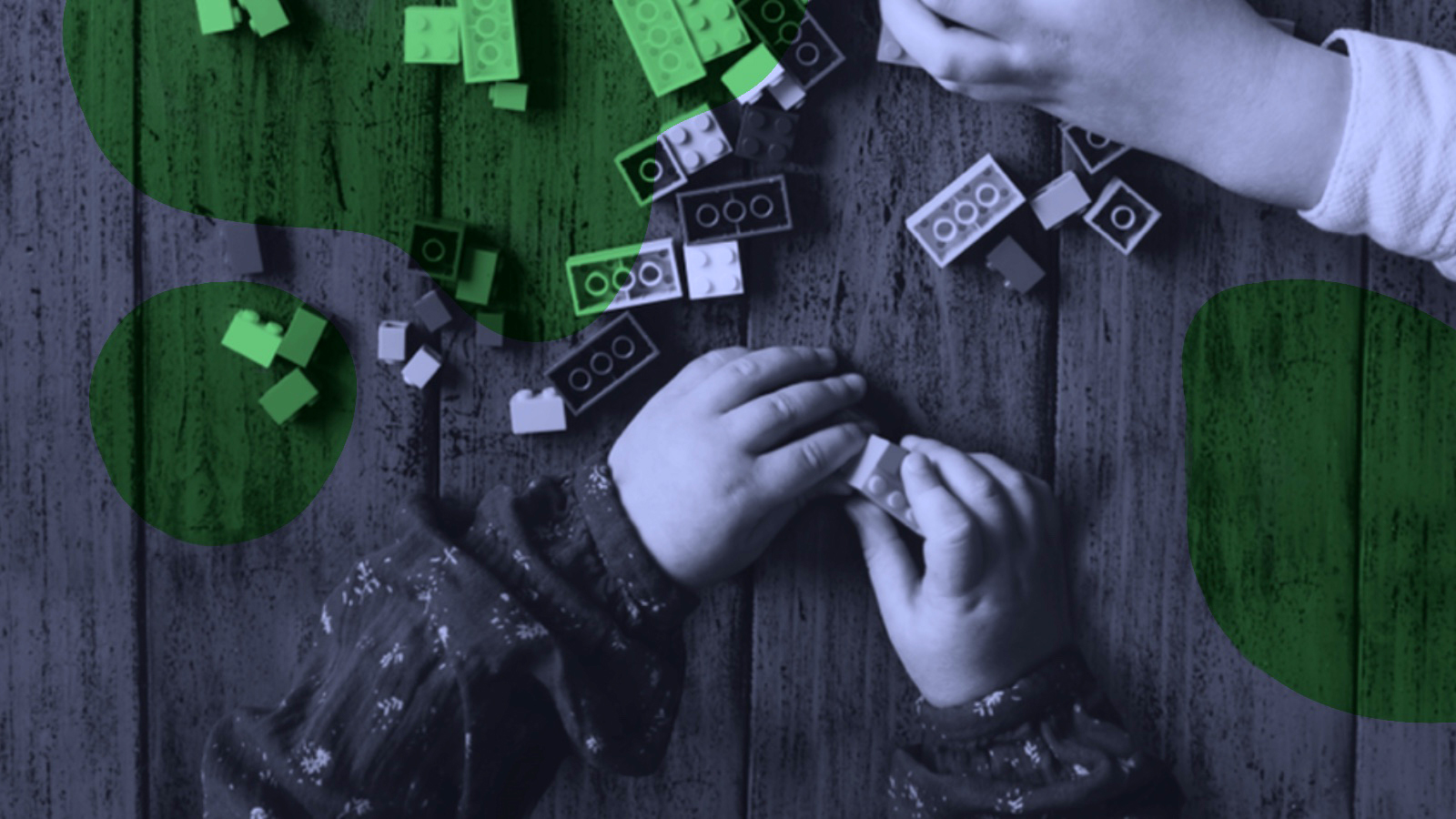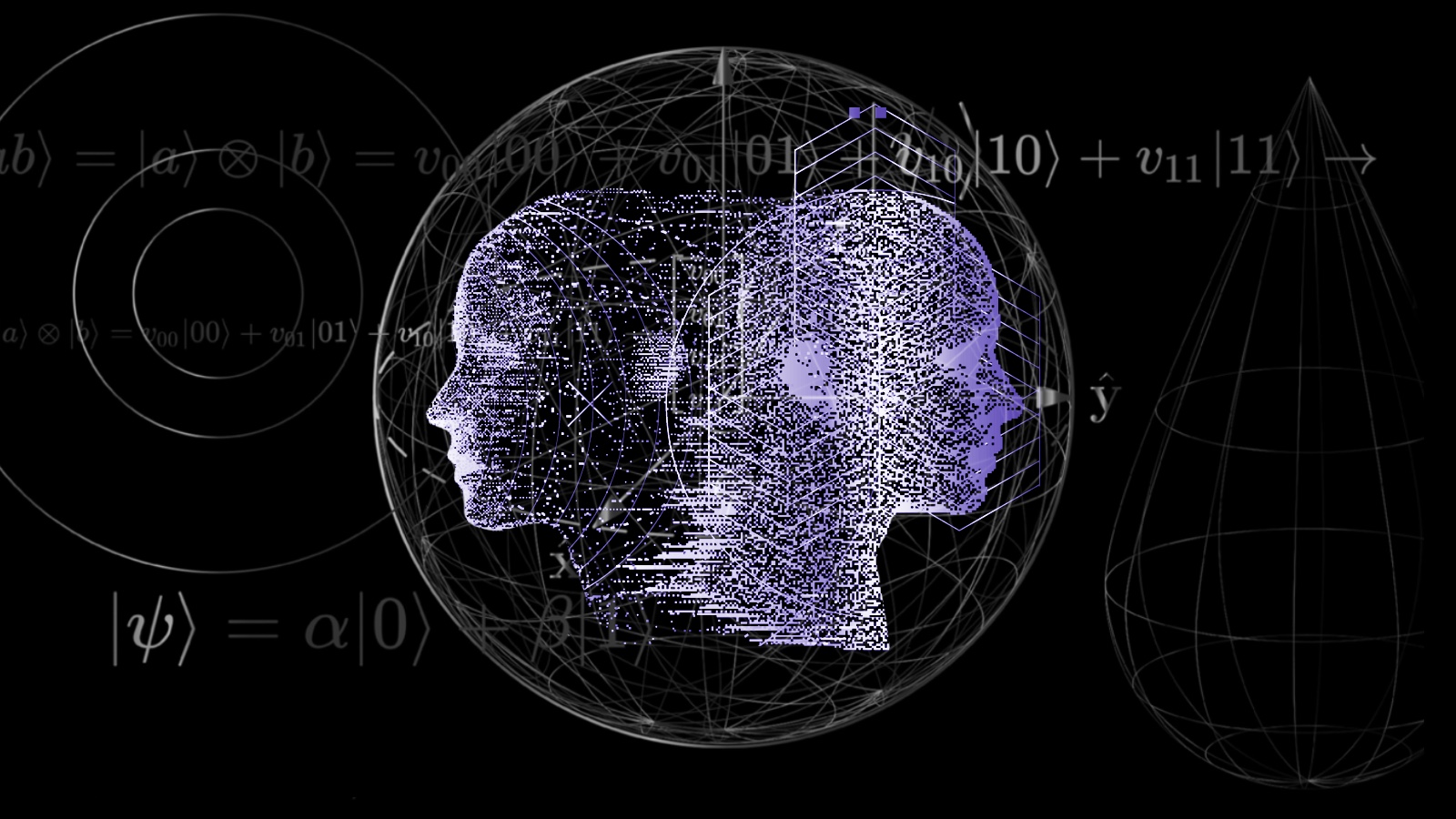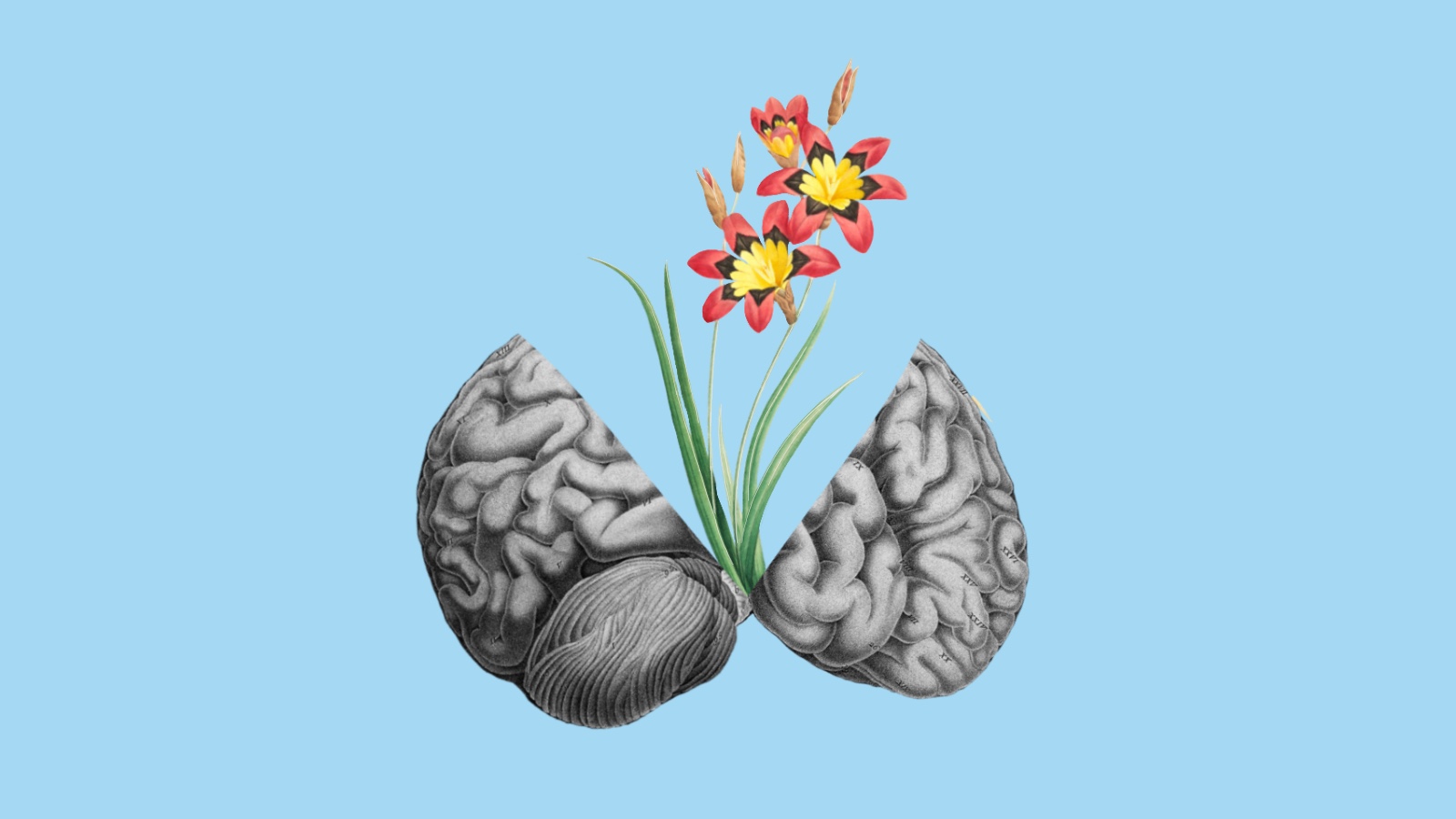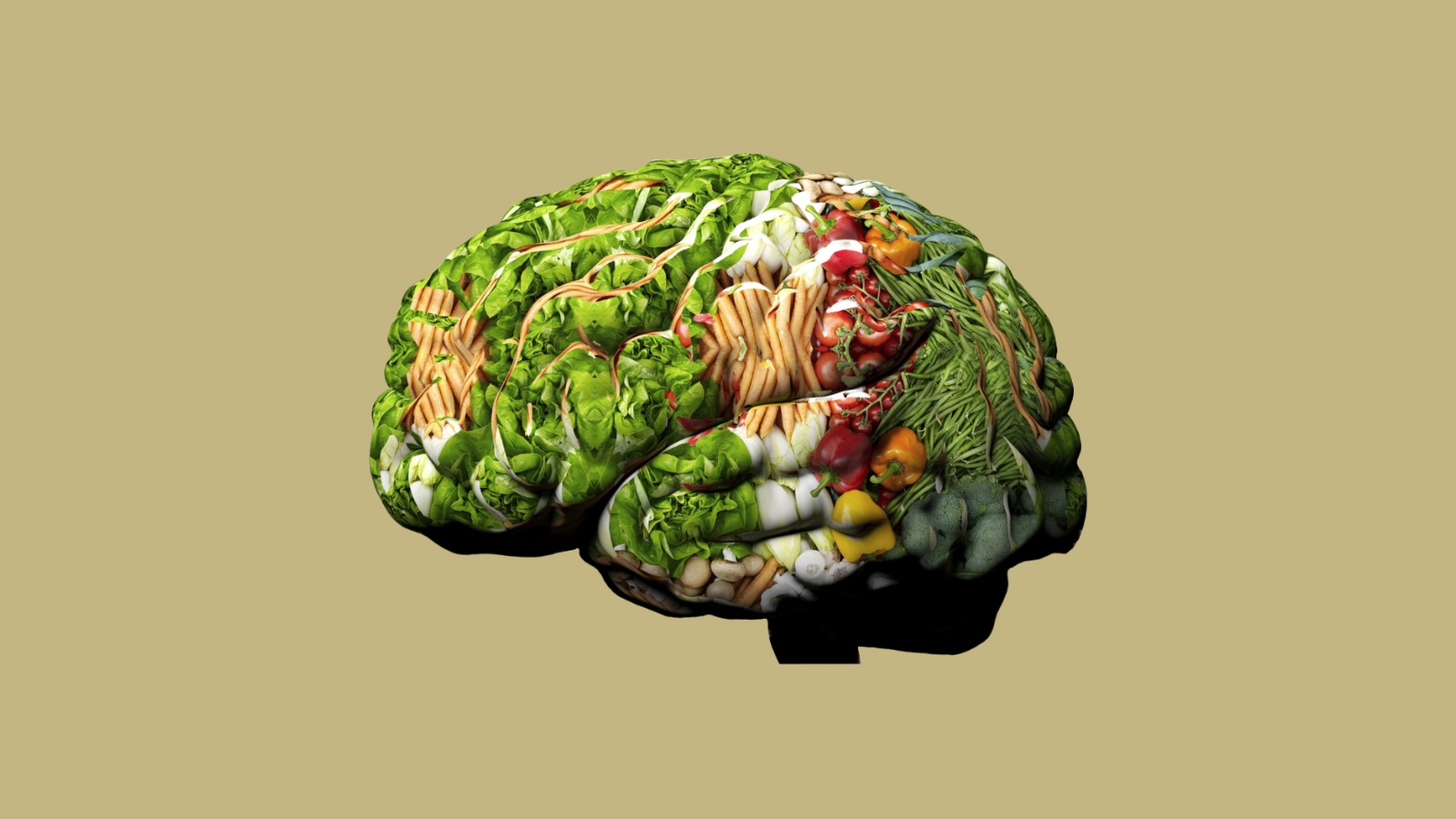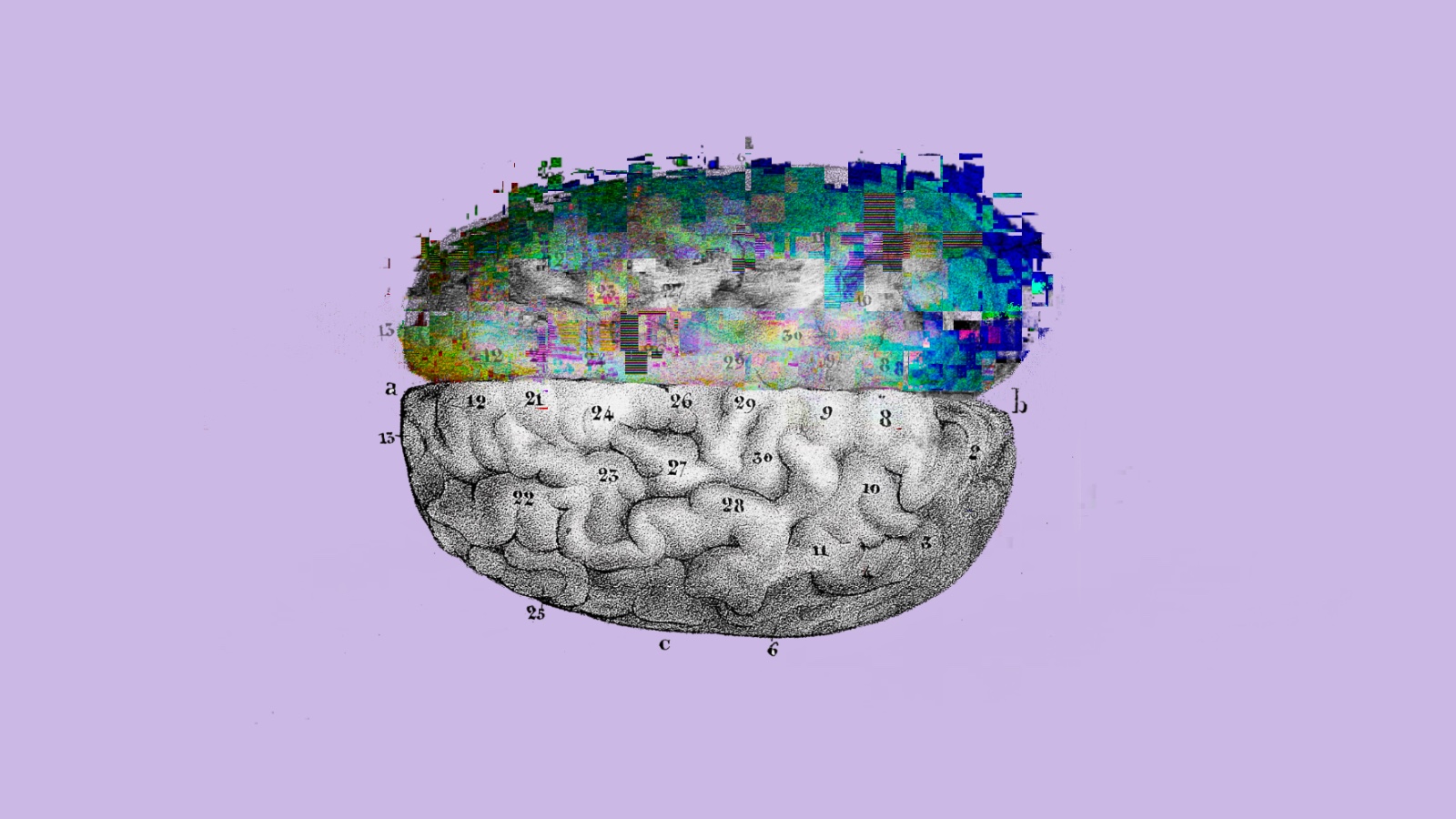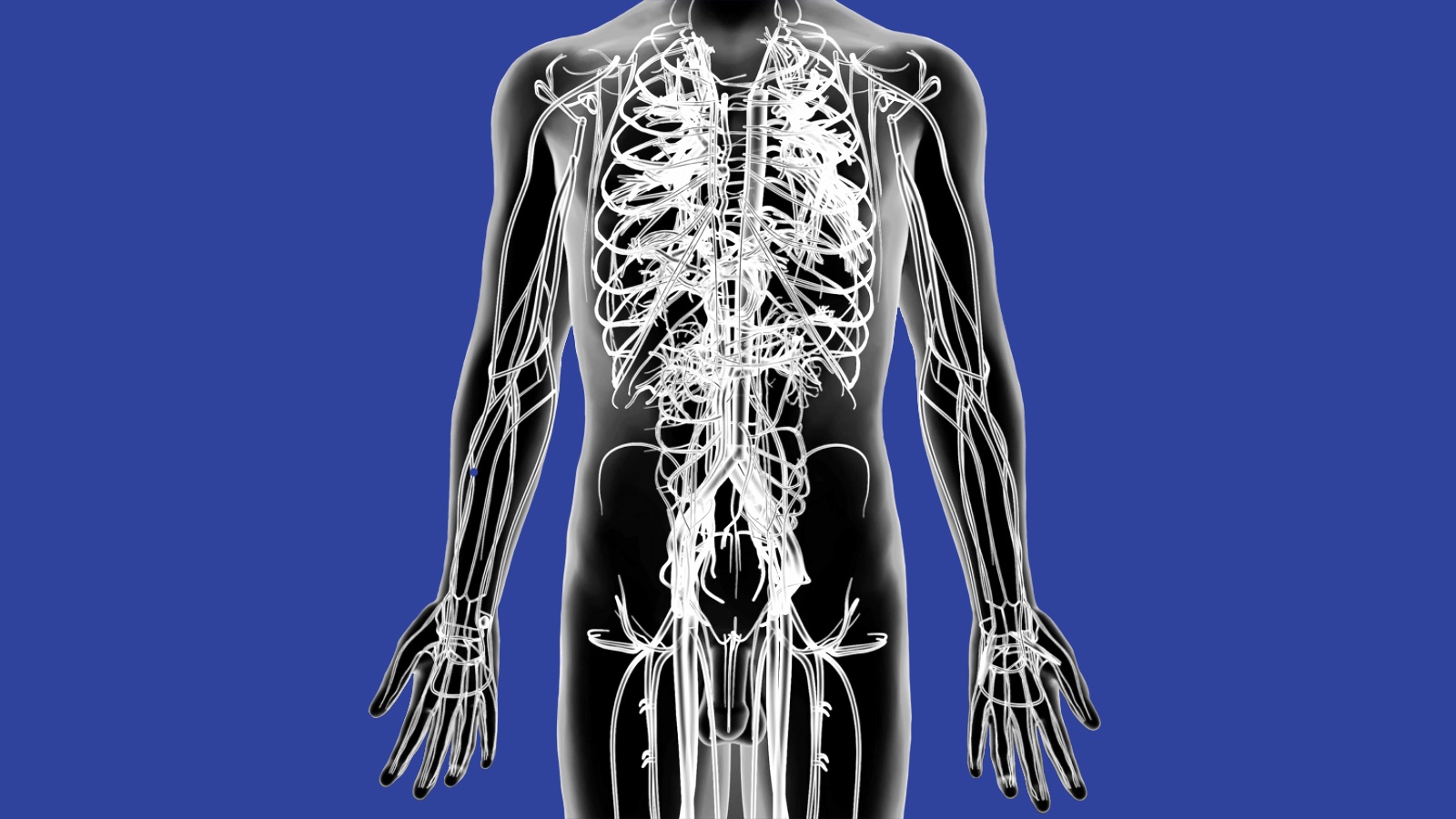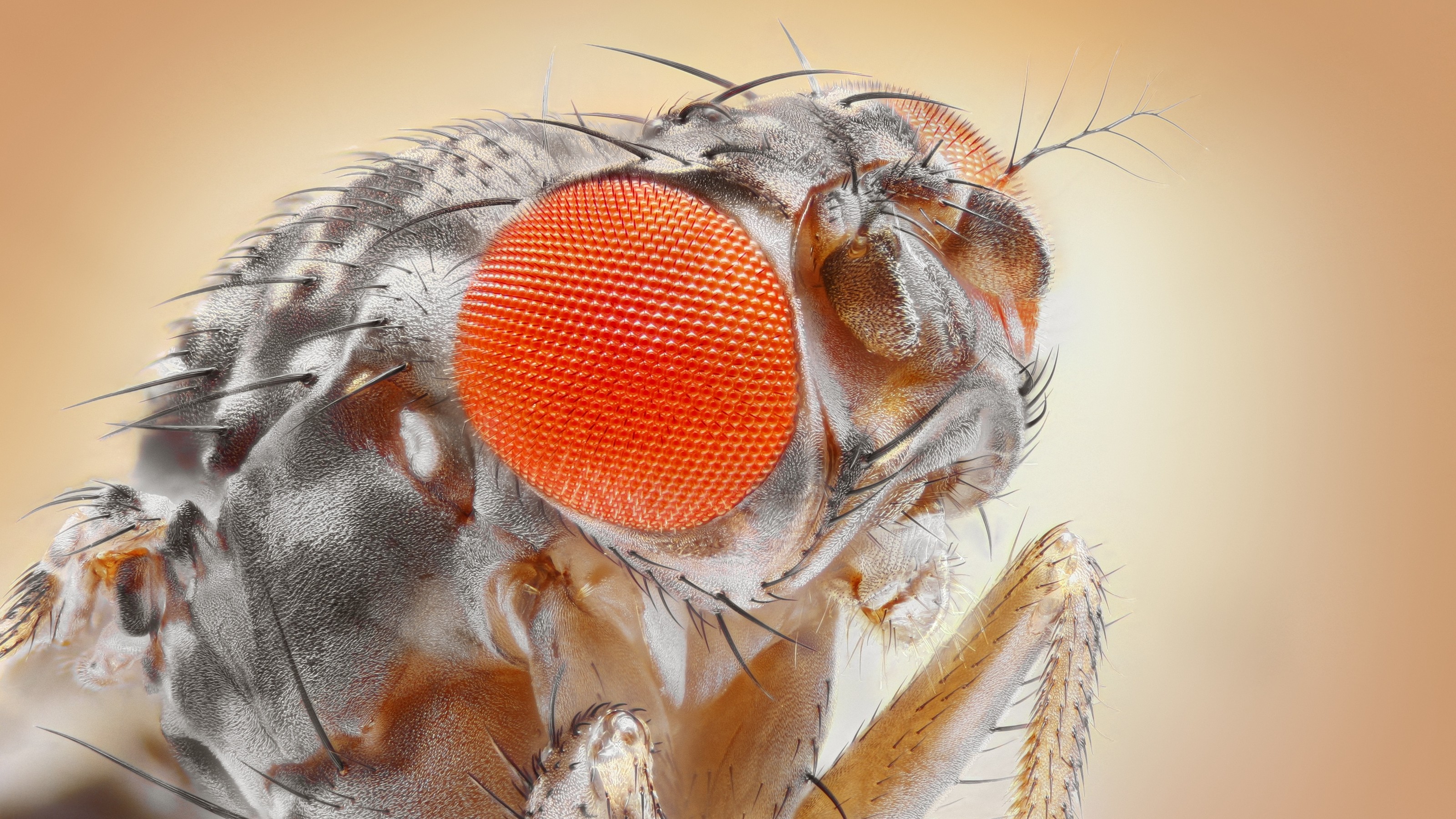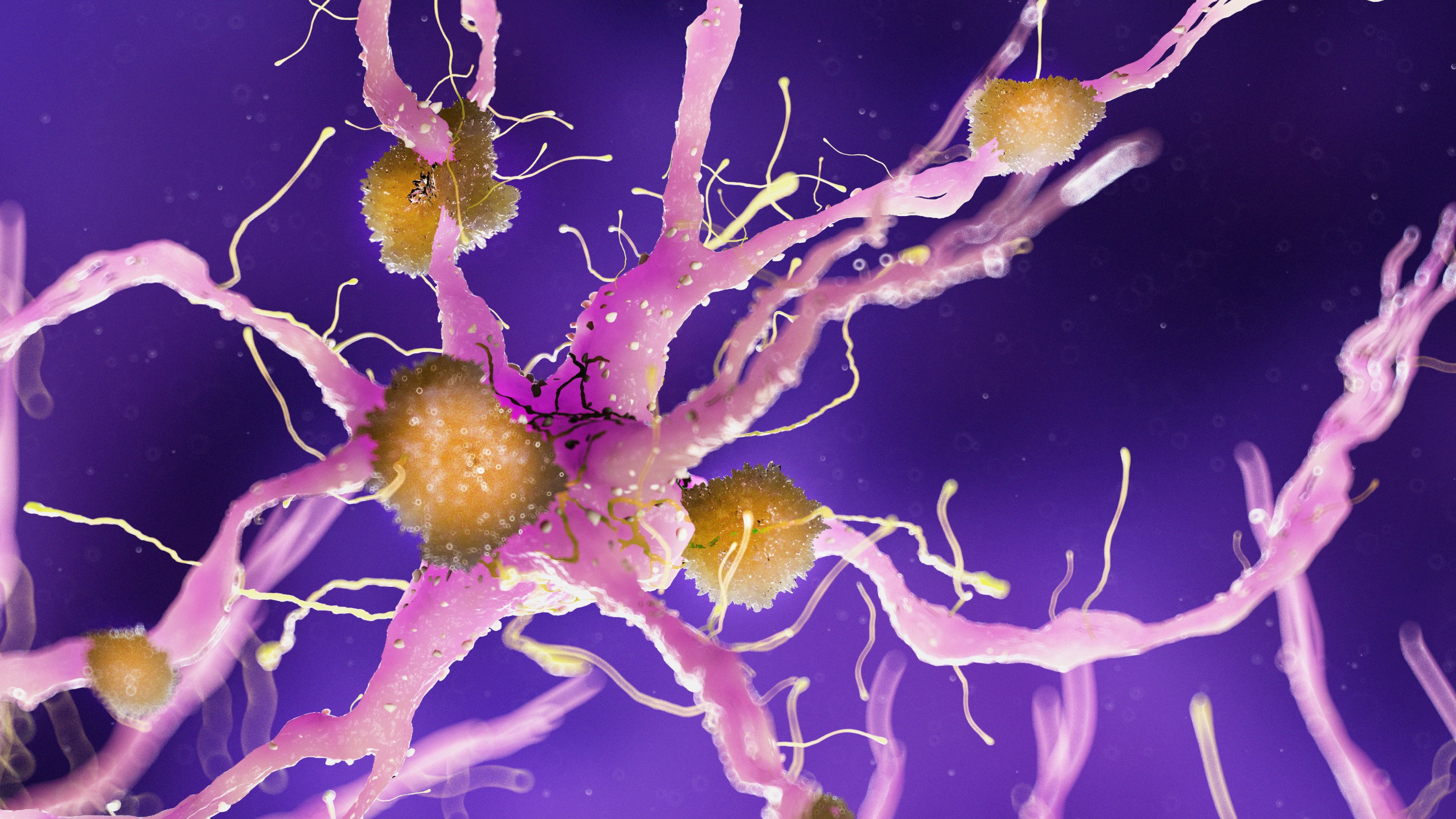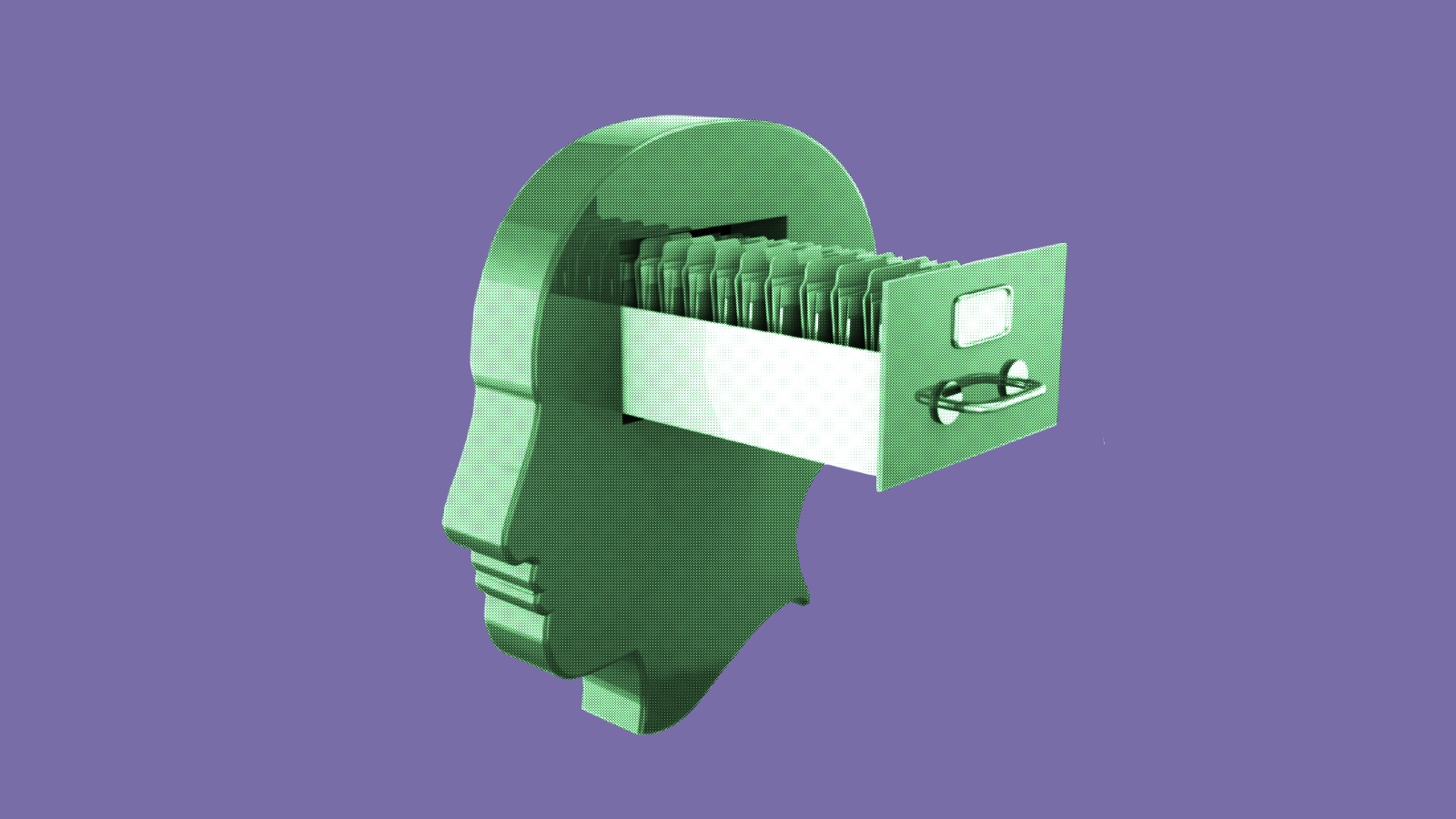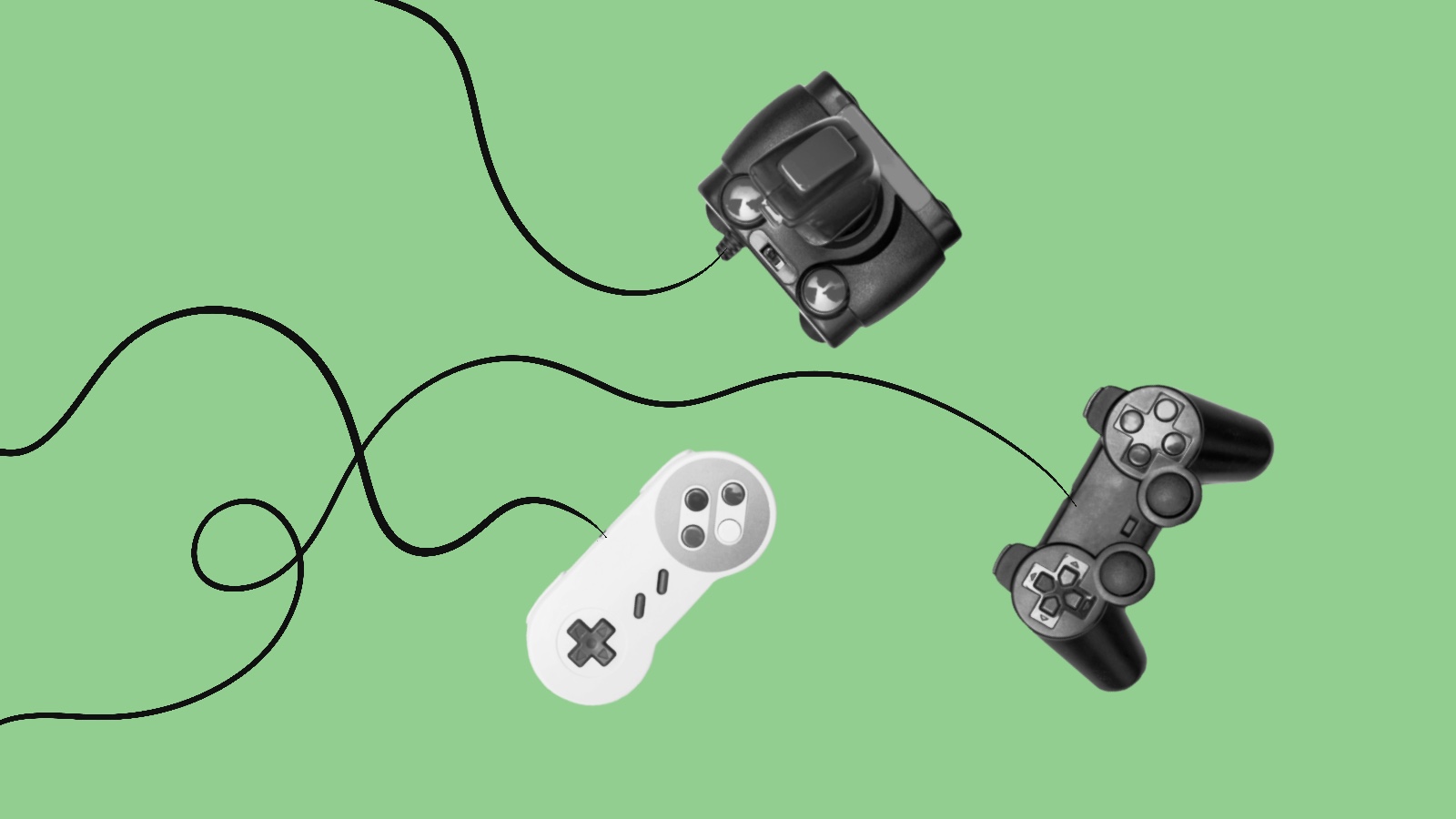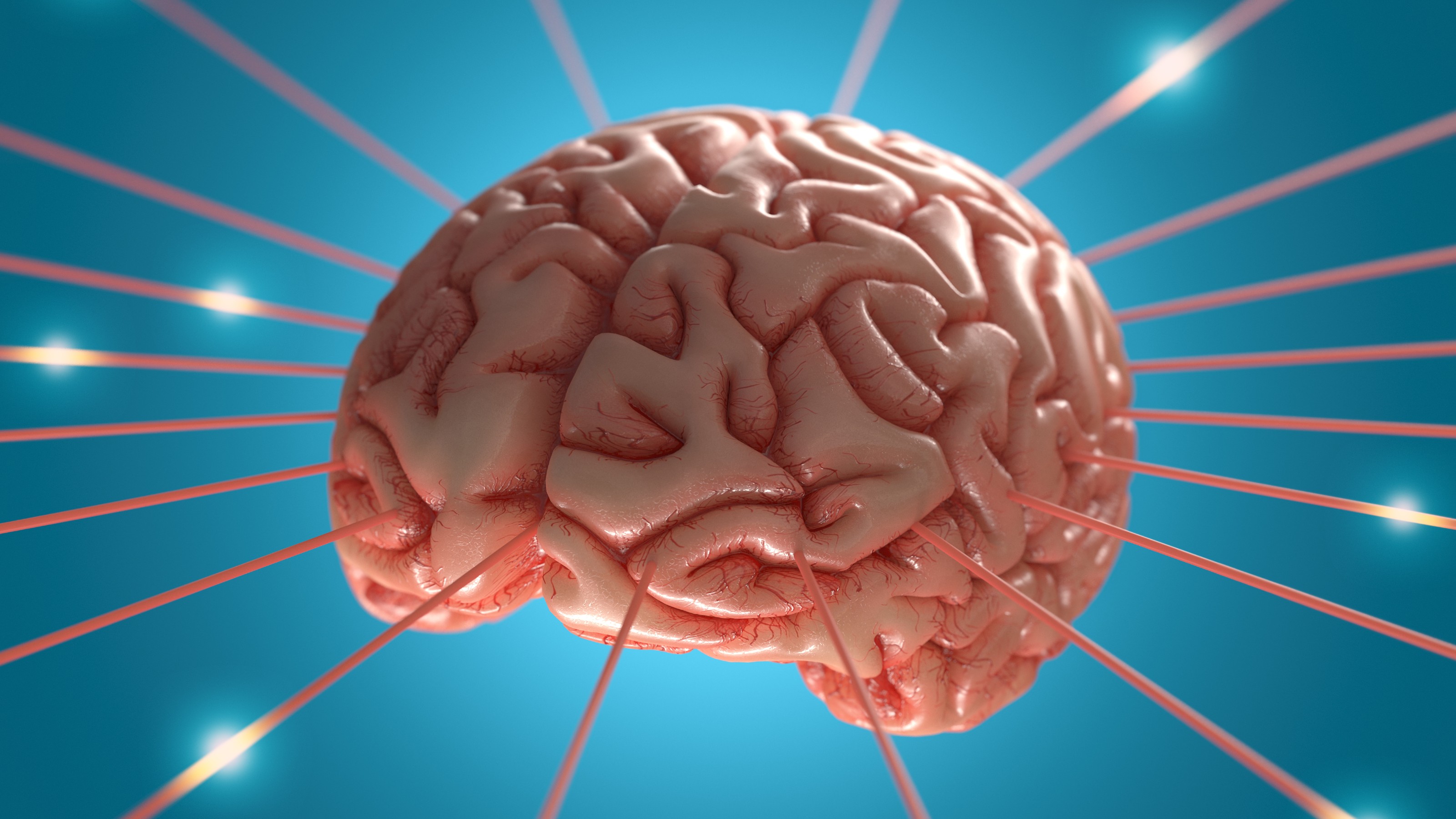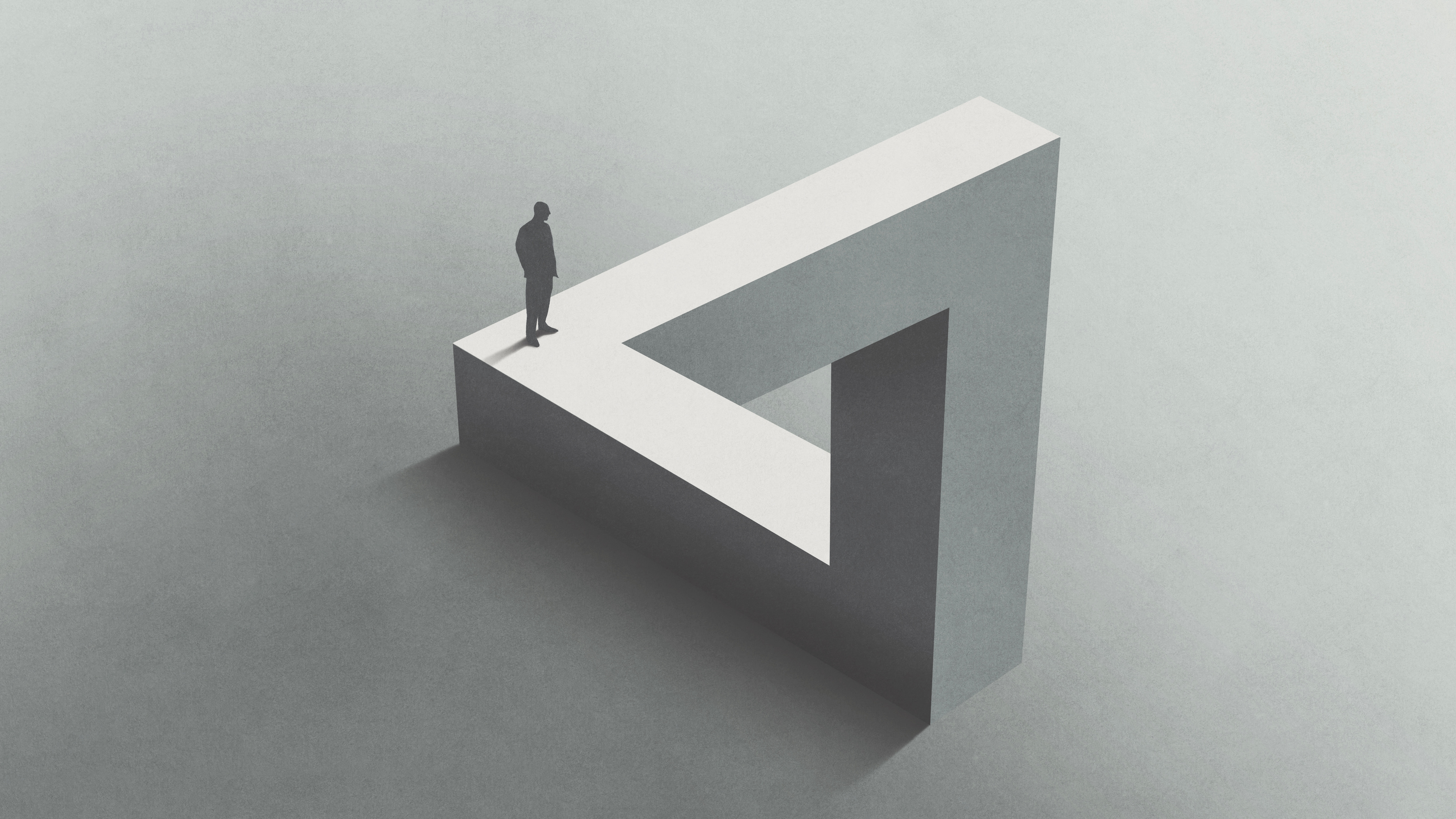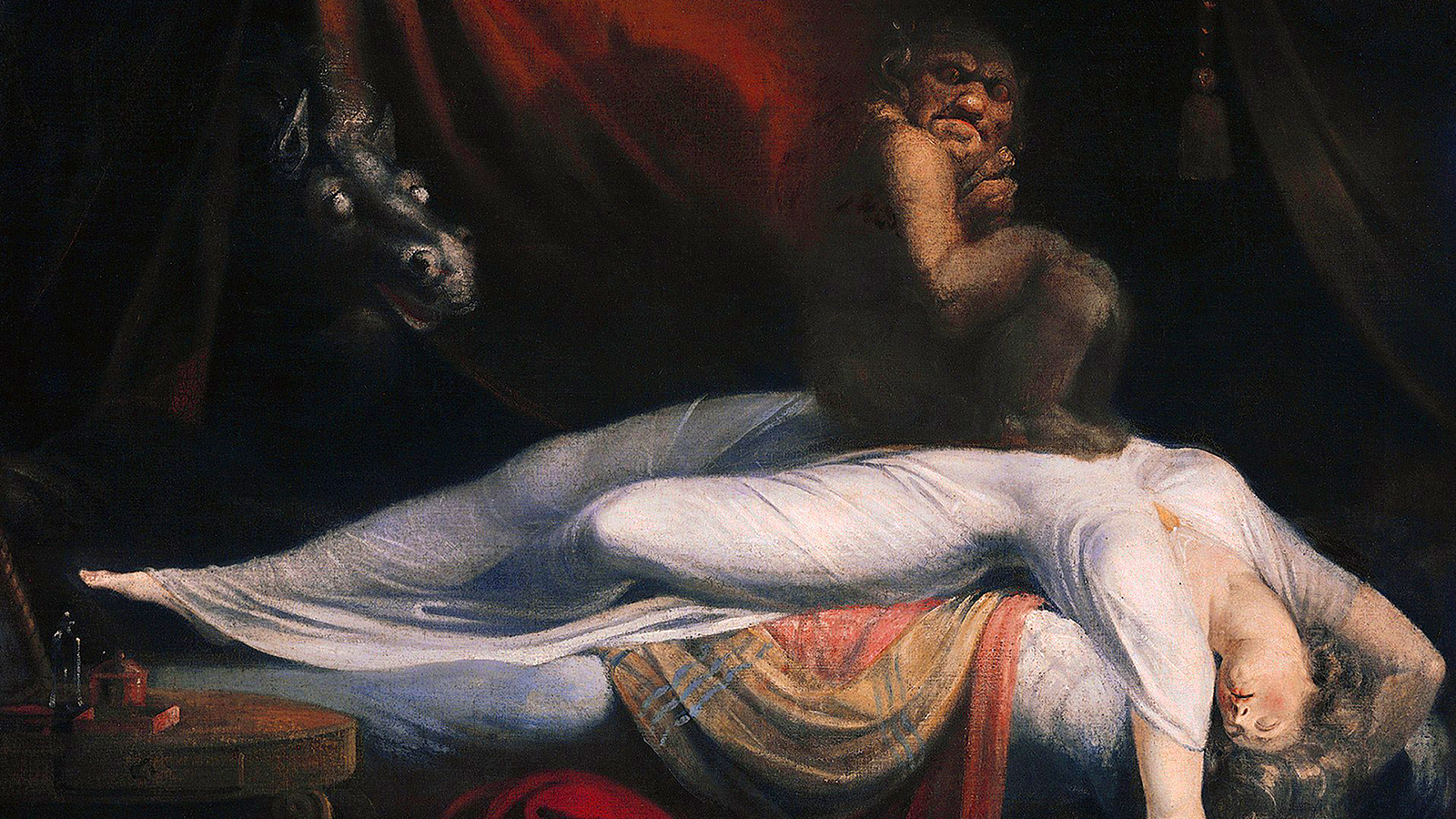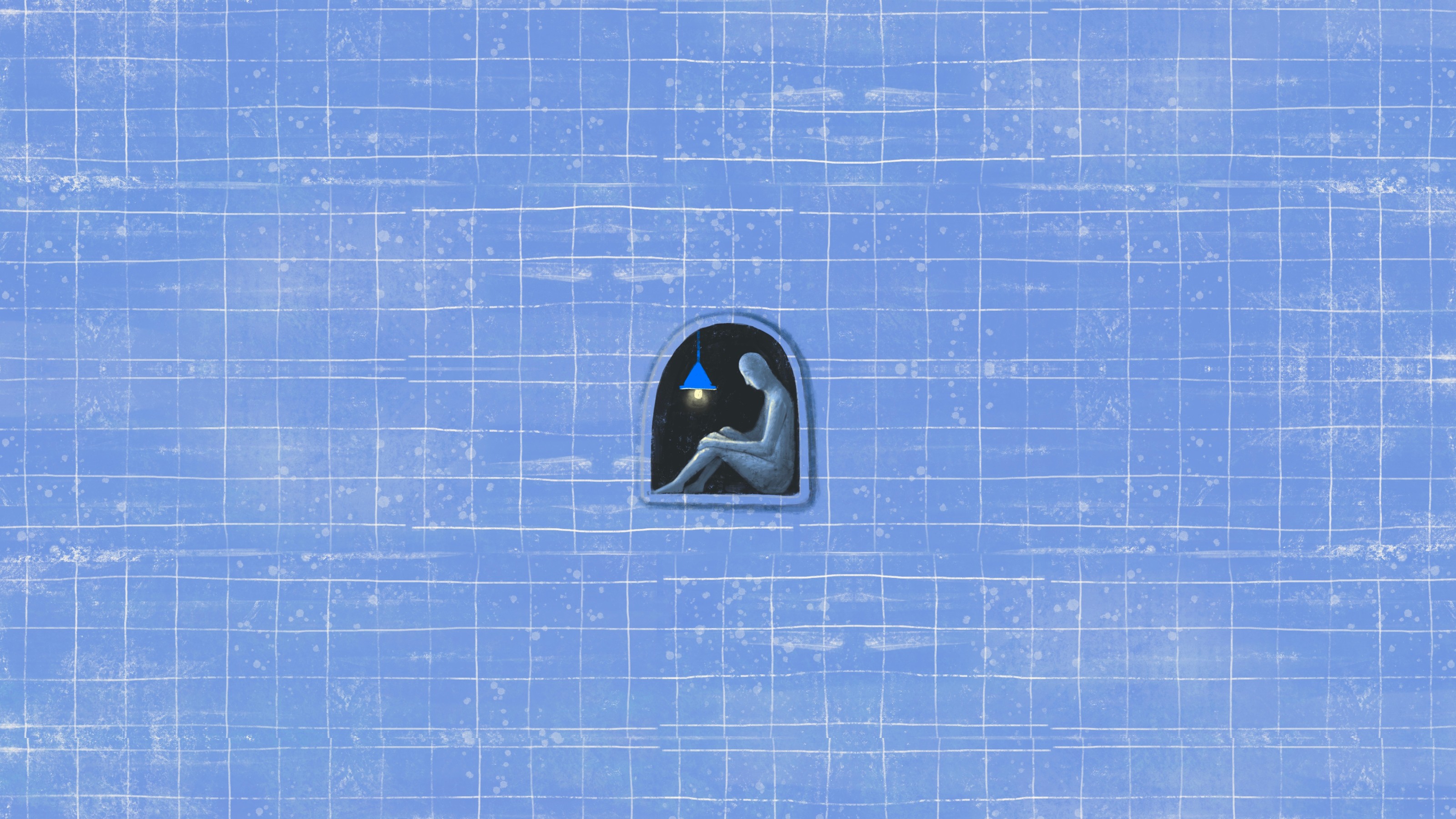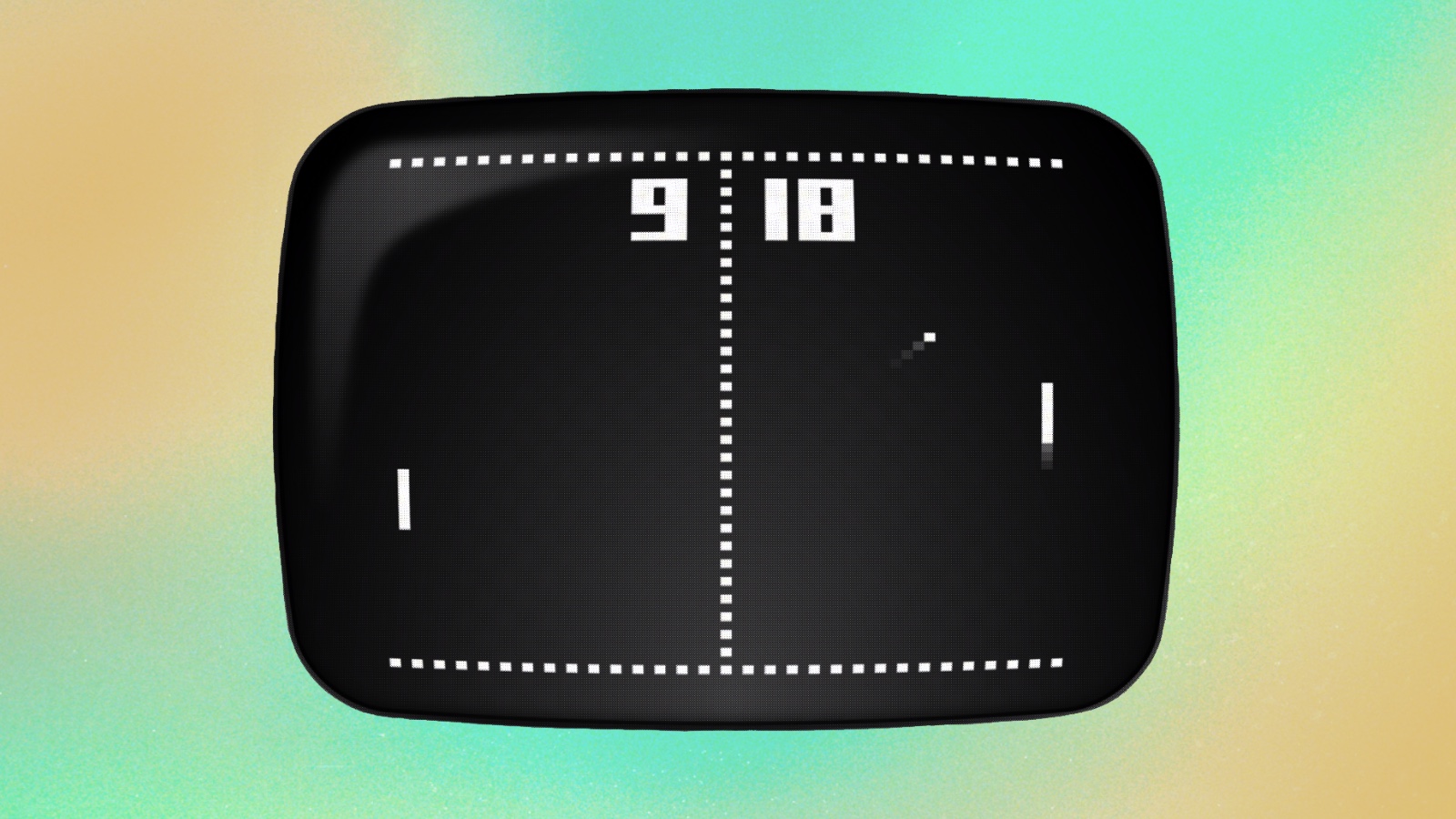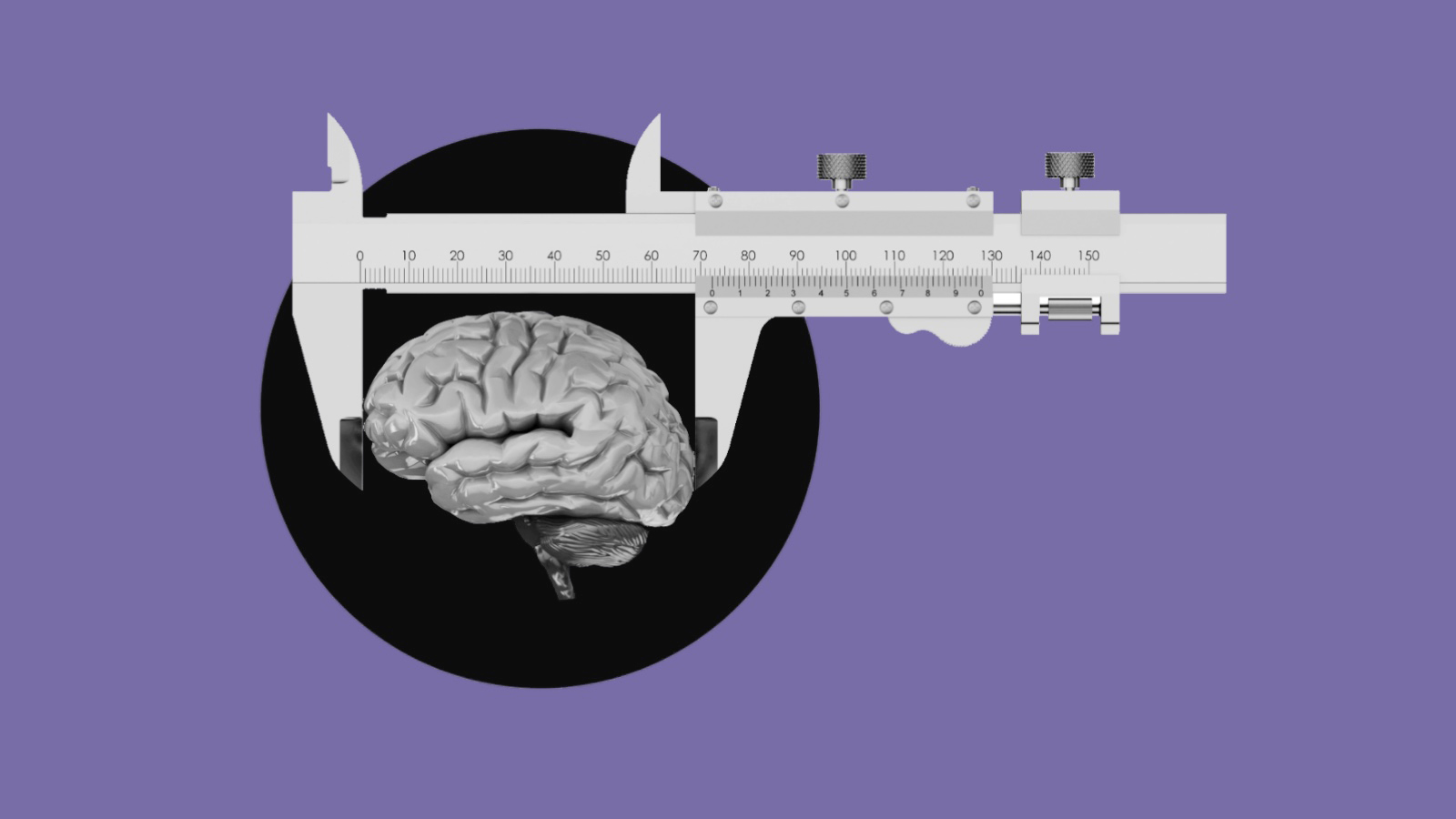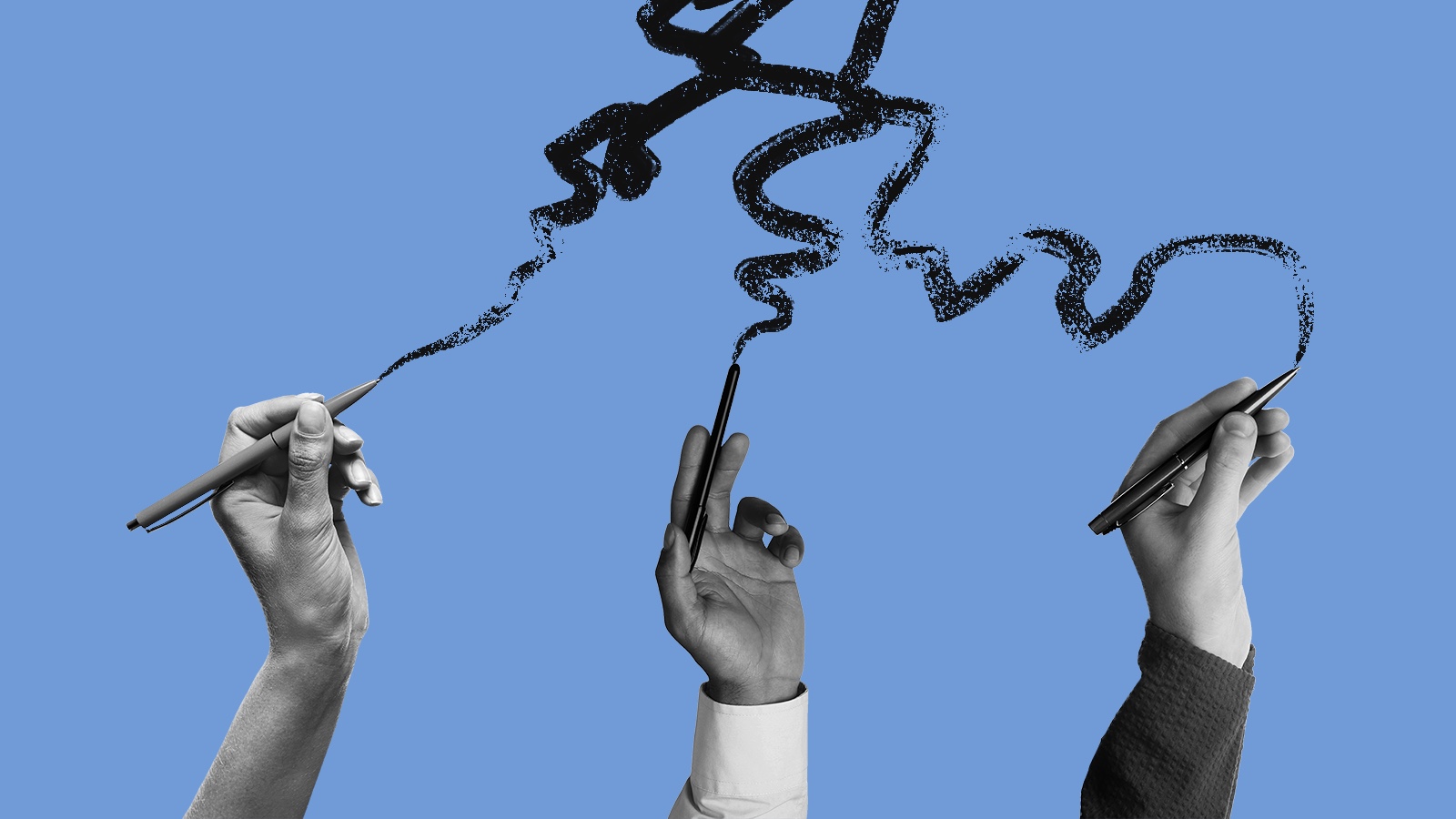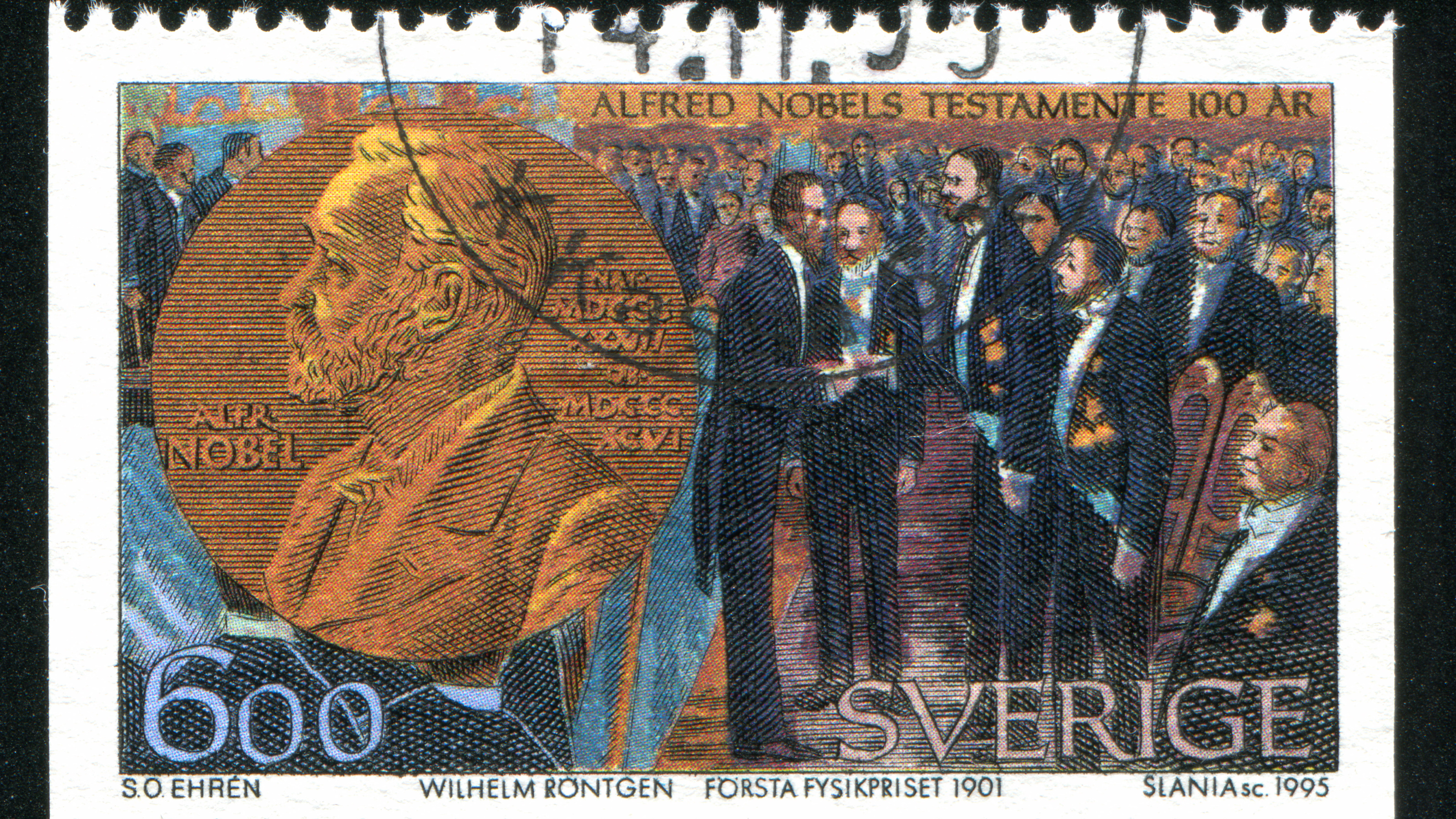neuroscience
A recent study reveals how nerve insulation becomes impaired in the brains of Alzheimer’s patients.
Bilingualism confers various mental health and social benefits. Perhaps knowing a second alphabet confers even more.
Psychologists are finding that moral code violations can leave an enduring mark — and may require new types of therapy.
An independent researcher looks into why there’s such strong opposition to her research.
Ancient humans may have evolved to slumber efficiently — and in a crowd.
New memories appear to be stabilized in the brain by a neurotransmitter called gamma-aminobutyric acid (GABA).
Maybe the brain isn’t “classical” after all.
The potential new drug is in a class of its own, as it works differently than any other antidepressant on the market.
Metabolism and mitochondrial functioning seem to have far more to do with mental health than many people might expect.
Children who have a brain hemisphere removed — a procedure known as hemispherectomy — behave completely normally.
Giving speech to the speechless.
Recent discoveries about bodily awareness have changed how scientists think about the nature of consciousness.
The “love hormone” might be an unexplored treatment for Alzheimer’s disease and other forms of dementia.
Their neurons are very different from “normal” people.
It’s time for Tetris.
The answer may depend on your lifestyle.
Studying neuroscience through art.
A technique called targeted memory reactivation could improve common treatments for nightmare disorder.
Fear creates distraction, and that can be a positive experience.
Antidepressants can help alleviate PTSD symptoms when paired with psychotherapy, but does our overenthusiasm for them blind us to more effective alternatives?
This opens the door to manipulating networks of specific neurons.
Meditators invert the relationship between the layers of self-processing.
When other treatments fail, this radical surgery could help.
The researchers suggest that their results demonstrate intelligence in silico.
Psychologists are exploring this creepy feeling of having already lived through an experience before.
An increase in genetic regulatory elements explains how modern humans evolved bigger brains than other hominins.
The same brain differences that contribute to left-handedness also contribute to psychotic disorders. But there’s a bright side.
One award was for a medical procedure that incapacitated thousands of people.
